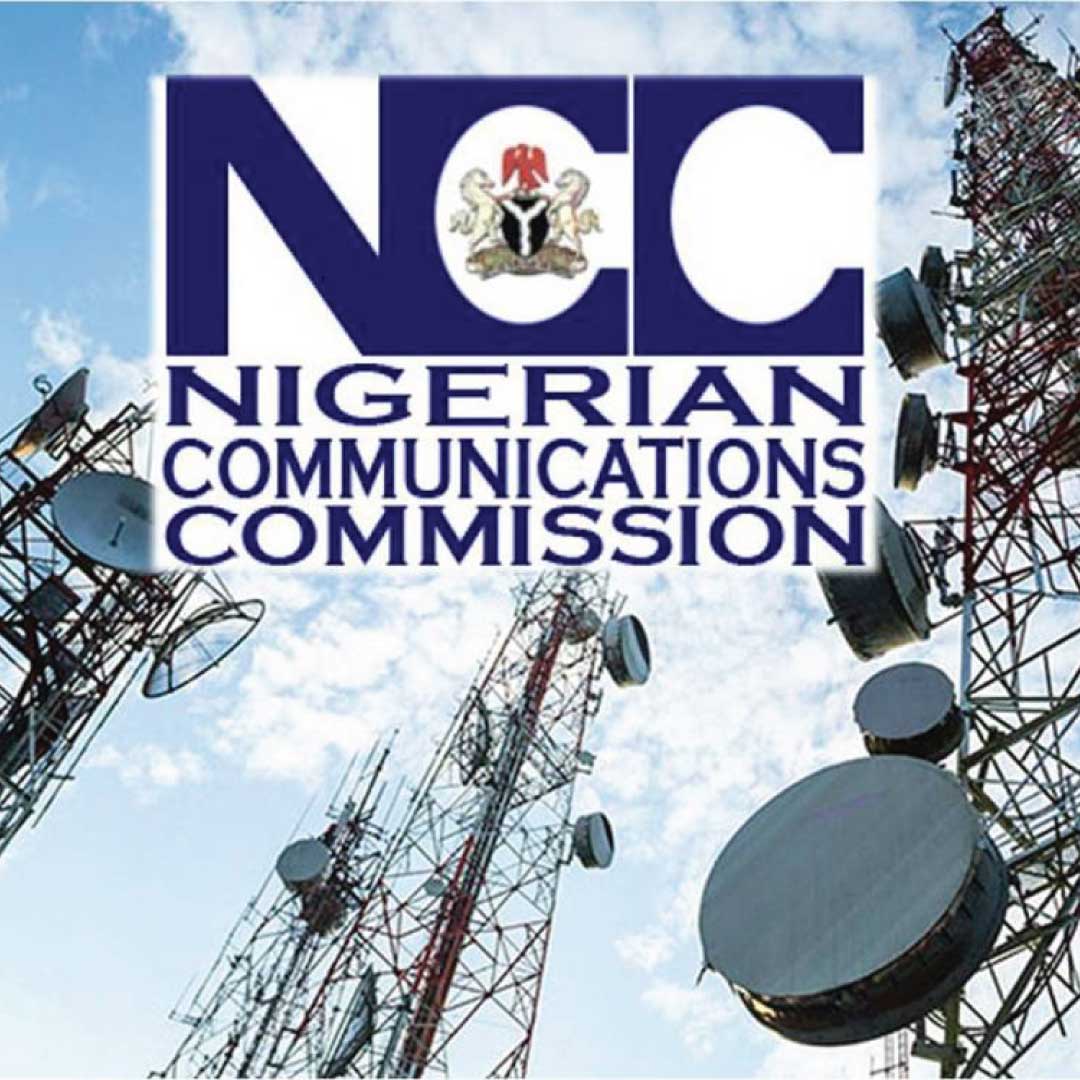The Nigerian Communications Commission (NCC) has embarked on a new roadmap aimed at bolstering quality service regulations in the telecommunications industry.
This initiative comes in response to the ever-evolving global changes in technology development, necessitating a review and introduction of key regulatory instruments. A pivotal step in this direction was taken with the commencement of a 3-day public inquiry on six regulatory instruments and the draft presentation by the Commission, starting on Tuesday, 25th July, in Abuja.
During the event, Prof. Umar Danbatta, the Executive Vice-Chairman and Chief Executive Officer of the NCC, highlighted the key regulatory instruments under consideration.
These include data protection regulations, draft guidelines on corporate governance, commercial satellite guidelines, and quality of service regulations. With the telecommunications sector consistently at the forefront of innovation and technological advancements, the need for updating and introducing new regulatory instruments becomes imperative.
Prof. Danbatta emphasized that these measures would foster seamless communication, enhance connectivity, and create an enabling environment for the industry to thrive in an increasingly interconnected world. As the sector continues to experience commendable advancements, it becomes the government’s responsibility to ensure a conducive atmosphere for growth through the introduction and amendment of these essential regulatory instruments.
Read also: 5G: NCC canvasses for control over mining, usage of data
NCC’s Commitment to Evolution and Thriving Industry
Helen Obi, the Director of Legal and Regulatory Services at NCC, shed light on the significance of the subsidiary legislation that the Commission is developing. These legislations will address substantial amendments and introductions to the proposed regulatory instruments, following the guidelines specified in Sections 70-72 of the Nigerian Communications Act, 2003.
The primary focus of the roadmap is to ensure that the industry remains dynamic and flourishes while upholding the highest standards of service. To achieve this, the first step involves the amendment of the Quality of Service (QoS) Regulations from 2013. Recognizing that the quality of service is central to the overall user experience, Helen Obi emphasized the need to maintain and enhance the standards of service delivered to consumers.
The proposed amendment to the Quality of Service (QoS) Regulations aims to implement stricter performance standards, more robust monitoring mechanisms, and transparent reporting systems. By doing so, the NCC seeks to elevate the overall customer experience. These measures will compel service providers to adhere to higher performance standards, ensuring that consumers receive top-notch services.
Looking Ahead: The Path to a More Connected Future
As the 3-day public inquiry progresses, stakeholders, industry players, and the general public will have the opportunity to contribute their valuable insights and feedback on the regulatory instruments and the draft presentation. This collaborative approach ensures that the regulations and guidelines developed align with the needs and expectations of all relevant parties.
Moreover, the NCC’s commitment to fostering an enabling environment for the telecommunications industry to thrive reflects Nigeria’s determination to stay at the forefront of technology advancements and connectivity on the global stage. By embracing regulatory improvements and adapting to changing technological landscapes, Nigeria is poised to become a more connected and digitally empowered nation.
The Nigerian Communications Commission’s initiative to strengthen quality service regulations through the introduction and review of key regulatory instruments marks a significant step towards meeting the challenges posed by technological advancements. With a focus on enhancing connectivity, ensuring an enabling environment for the industry, and improving customer experience through robust quality of service regulations, Nigeria sets its sights on a brighter and more connected future.
The ongoing public inquiry serves as an inclusive platform where all stakeholders play a vital role in shaping the nation’s telecommunications landscape. Through collaborative efforts, Nigeria is well-positioned to harness the power of technology for socio-economic growth and development.
